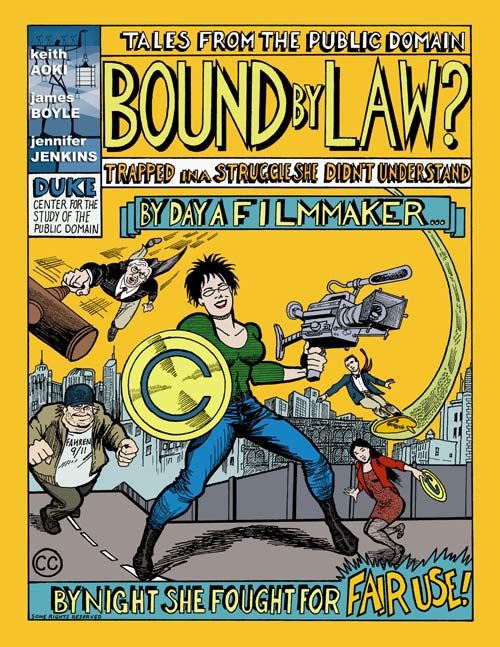Marna Anderson from WATCH wrote a letter to the editor concerning courthouse safety. It is the second letter. Marna was here in Fall 2011 to speak about how a poor economy can lead to tough decisions in domestic violence cases.
Read the letter: COURTROOM SAFETY - Why Wait to Act When Risk is Known?
The letter is a call to increase courtroom security and is a response to the Cook County shooting, where a man charged with sexual assault involving a child returned to the courthouse after his trial and shot three people.
Read the letter: COURTROOM SAFETY - Why Wait to Act When Risk is Known?
The letter is a call to increase courtroom security and is a response to the Cook County shooting, where a man charged with sexual assault involving a child returned to the courthouse after his trial and shot three people.















